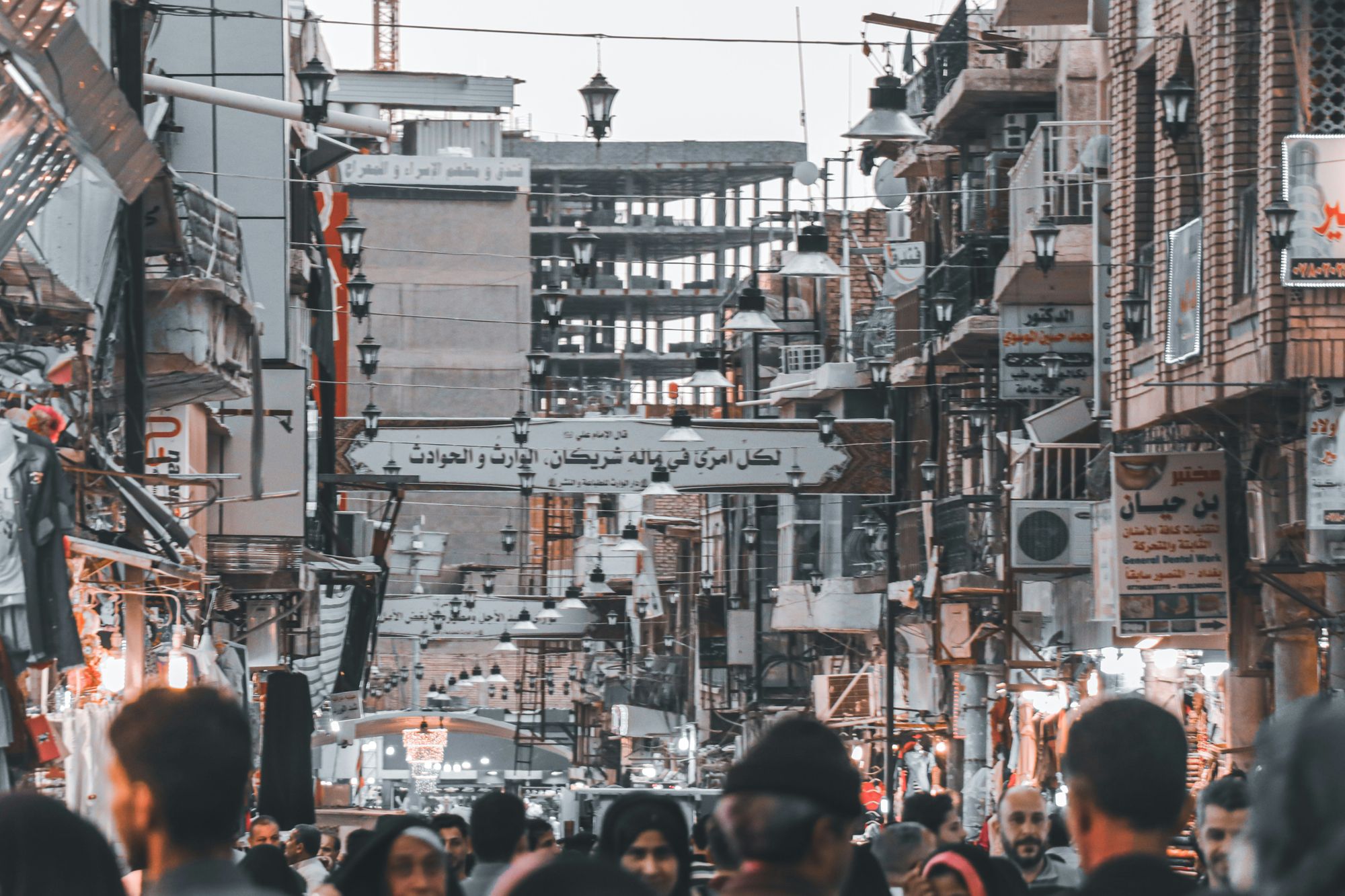Guide to Repatriating Remains from Canada to Iraq

When a loved one passes away in Canada and needs to be returned to Iraq for their final resting place, the process can be both emotionally challenging and logistically complex.
This guide aims to provide essential information to help you navigate the repatriation process from Canada to Iraq.
Understanding the Basics
Repatriating human remains from Canada to Iraq involves several steps and requires coordination between funeral homes, government agencies, and airlines in both countries. It's crucial to start the process as soon as possible, as it can take several days to complete all necessary arrangements.
Initial Steps
- Contact the Embassy of Iraq in Canada: They can provide guidance on specific requirements for repatriating remains to Iraq and assist with necessary documentation.
- Choose a Funeral Home: Select a funeral home in Canada experienced in international repatriation, particularly to Middle Eastern countries.
- Notify Canadian Authorities: Inform local Canadian authorities of the death and your intention to repatriate the remains.
Documentation Required
Gathering the correct documentation is crucial. You'll typically need:
- Death Certificate: Obtain an official Canadian death certificate.
- Embalming Certificate: If the body is embalmed, you'll need a certificate from the funeral home.
- Non-Contagious Disease Certificate: A document certifying that the deceased did not die from a contagious disease.
- Burial Transit Permit: This allows the transportation of the body out of Canada.
- Passport Copy: A copy of the deceased's passport or proof of Iraqi citizenship.
- Translation: All documents should be translated into Arabic.
Preparing the Remains
- Embalming: While not always required by Iraqi law, it's often necessary for international transport.
- Appropriate Container: The body must be placed in a hermetically sealed coffin that meets international standards for transporting human remains.
Transportation Arrangements
- Choose an Airline: Select an airline experienced in transporting human remains. Not all airlines offer this service, so research is essential.
- Flight Route: Direct flights from Canada to Iraq are limited, so the journey may involve layovers.
- Customs Clearance: Arrange for customs clearance at both departure and arrival points.
Cultural and Religious Considerations
Islam is the predominant religion in Iraq, and Islamic funeral customs should be respected:
- Prompt Burial: In Islamic tradition, burial should occur as soon as possible after death.
- Body Preparation: The body should be prepared according to Islamic guidelines.
- Orientation: During transport, the body should be positioned to face Mecca if possible.
Costs and Timeline
Repatriation can be expensive, often costing several thousand dollars. Expenses may include:
- Funeral home services in Canada
- Documentation and translation fees
- Transportation costs
- Receiving services in Iraq
The process typically takes 7-14 days but can vary based on circumstances and current conditions in Iraq.
Security Considerations
Due to the ongoing security situation in Iraq, additional considerations may be necessary:
- Consult Travel Advisories: Check the latest travel advisories for Iraq from the Canadian government.
- Coordinate with Local Authorities: Work with local authorities in Iraq to ensure safe transport of the remains to their final destination.
- Consider Regional Variations: Be aware that procedures may vary in different regions of Iraq, including the Kurdistan Region.
Emotional Support
Don't hesitate to seek emotional support during this difficult time. Many communities offer grief counseling services, and your local mosque or Iraqi community center may provide additional support.
Additional Considerations
- Travel Insurance: Check if the deceased had travel insurance that covers repatriation costs.
- Local Laws: Be aware that Iraqi laws and customs regarding death and burial may differ from those in Canada.
- Communication: Maintain open communication with authorities and service providers in both countries to ensure a smooth process.
Repatriating a loved one from Canada to Iraq is a complex process that requires careful planning and attention to detail. While it can be overwhelming, remember that you're not alone. Funeral homes experienced in international repatriation, the Iraqi Embassy, and support services are available to guide you through this challenging time.
By understanding the process and requirements, you can ensure that your loved one's final journey is handled with dignity and respect, allowing you to focus on honoring their memory and supporting grieving family members.
Remember, this guide provides general information, but each repatriation case is unique. Always consult with relevant authorities and professional services for the most up-to-date and case-specific guidance, especially considering the dynamic situation in Iraq.




